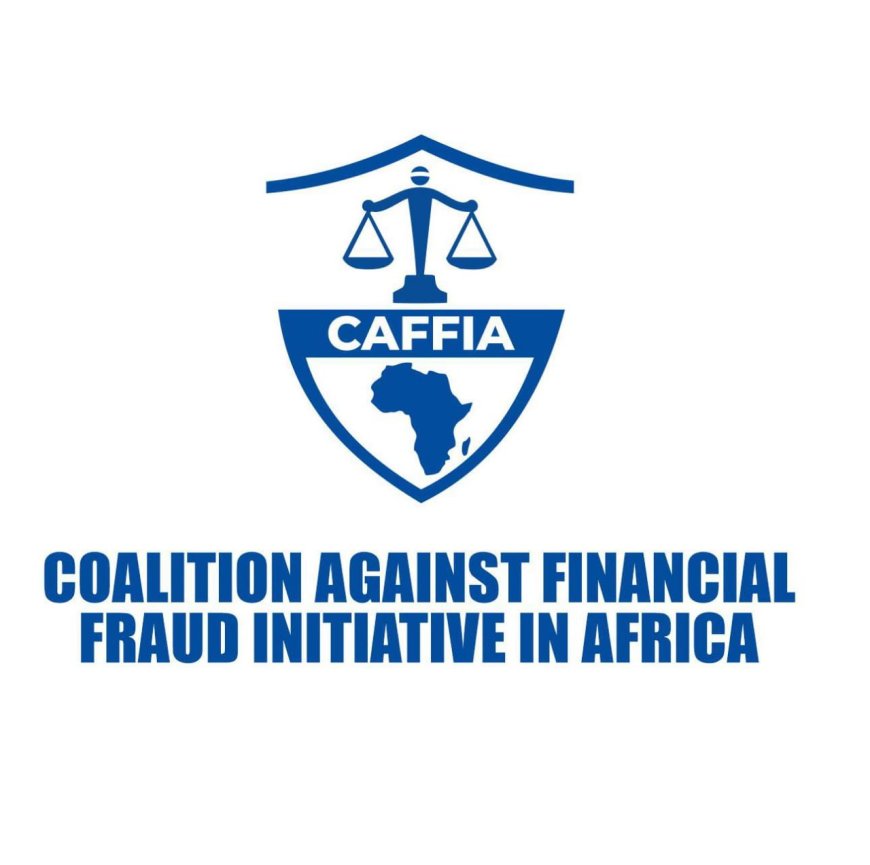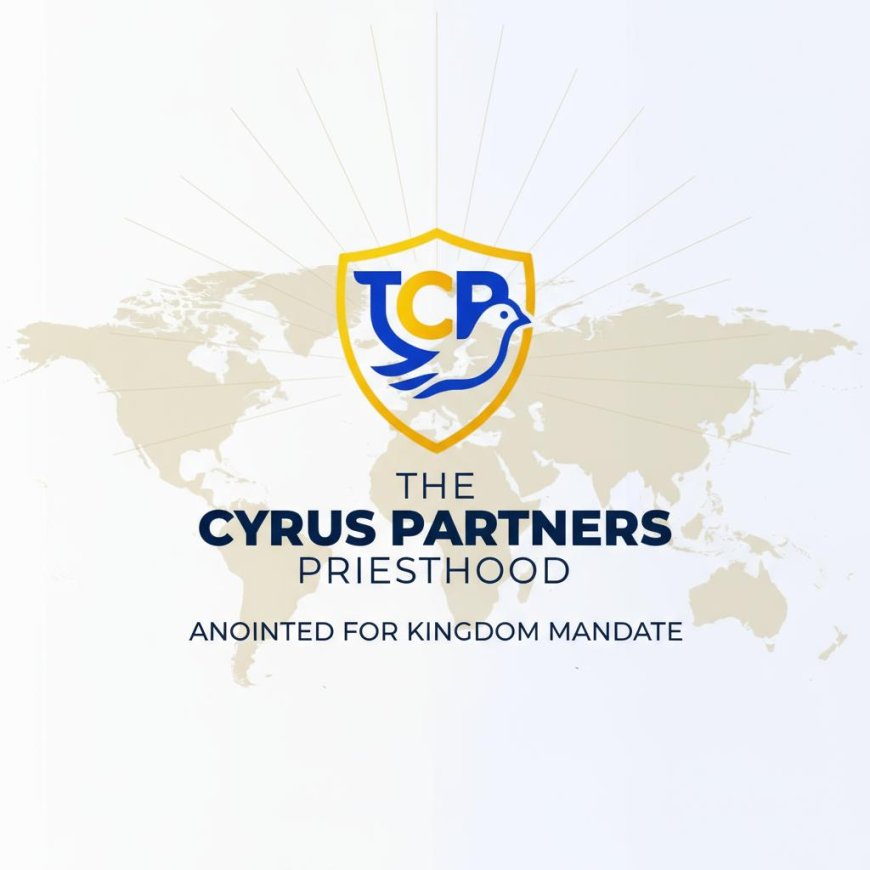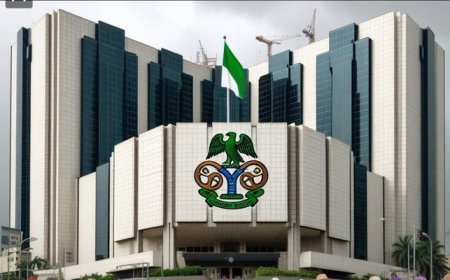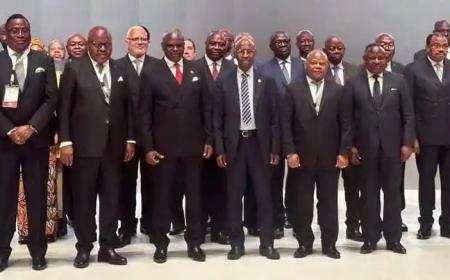Blackmail and Extortion in Nigeria and The Punishment in The Law
Explore the legal ramifications of blackmail and extortion in Nigeria, including their definitions, implications, and punishments as per Nigerian law.

By Dr Kreeno
The criminal law of Nigeria makes blackmail and extortion crimes that are subject to punishment. Depending on the particulars of each instance, different penalties may be imposed for various offences.
Threatening to extort money in Nigeria is punishable by a fourteen-year prison sentence under Section 408 of the Criminal Code Act. In any other circumstance, the perpetrator faces a three-year prison sentence.
In Nigeria, Section 99 of the Criminal Code Act stipulates that anyone who directly or indirectly demands money or property from another person is guilty of a felony and subject to a five-year prison sentence. This section addresses extortion by public officials.
Moreover, Section 22(3) of the Cybercrime Prohibition Act of 2015 relates to blackmail. Section 23(2)(b)(c) - extortion - 10 years in prison or $25 million / 5 years or $15 million; 7 years in prison; 5 million fine; or both.
There are laws that explicitly deal with sextortion, sexual blackmail, and revenge porn in addition to these statutes. The criminal code also imposes penalties for these offences, including jail time.
In Nigeria, extortion and blackmail are serious crimes that can result in severe legal repercussions for anyone proven guilty.
In Nigeria, there have been recent instances of blackmail and extortion, including:
1. Three Nigerian men were charged with sexual extortion in May 2023 indictments in the US. Allegedly, the defendants blackmailed them using pictures of children.
2. The BBC reported in May 2023 that thieves were extorting cash from males after luring them online and filming them in the process. The majority of the victims were gay guys who fell victim to a trap.
These are only a few instances of recent extortion and blackmail in Nigeria. It is significant to remember that these offences are criminal in nature and are subject to the laws of the nation.

How Do Criminals Typically Carry Out These Blackmails and Extortion In Nigeria?
According to the sources, criminals in Nigeria typically carry out blackmail and extortion in the following ways:
- Threatening to expose damaging information about another person.
- Using intimidation, threatened or actual violence, or blackmail.
- Entrapping and illegally hacking into victims online and then filming them
- Using images of minors to blackmail them
It is important to note that these are just a few examples, and there may be other methods used by criminals to carry out blackmail and extortion in Nigeria.
What are some common targets of blackmail and extortion in Nigeria?
Some groups or people may be more susceptible to being the subject of extortion and blackmail in Nigeria than others. Here are some typical targets, according to research being conducted since 2020 by Probitas Report and Kreeno Private Investigators:
- People with damaging personal information: Extortionists and blackmailers may target people who have personal information that could be harmful or impair their reputation if it were to become public. Compromise-related images, videos, audio files, texts, chats, private information, or sensitive financial data could all fall under this category.
- Next Generation Peer Groups: Blackmail and extortion have been used against peer groups. Criminals, particularly disgruntled adolescents involved in all kinds of social vices such using weeds (also known as colos, Indian hemp, concoctions, etc.), “Yahoo Yahoo” may pose as potential dates on dating apps and then use the information they gather to extort, beat, or even kidnap individuals.
- Business Owners and Professionals: Blackmailers may target business owners or professionals who have a reputation to protect. They may threaten to expose damaging information or engage in extortion to obtain money or other benefits that they think they have to use to tarnish the image of their target and a case in point with the target of our research finding that exemplified the traits of a typical blackmailer and extortionist who do not know the law.
- Politicians, Religious Leaders, and Public Figures: High-profile individuals, such as politicians, religious leaders, and public figures, may be targeted for blackmail and extortion due to the potential impact of damaging information on their careers or public image
It is important to note that these are not exhaustive lists, and anyone can potentially become a target of blackmail and extortion in Nigeria. The motivations and targets of these crimes can vary, and it is crucial for individuals to be cautious and take steps to protect themselves from such threats.
What are some common demands made by blackmailers and extortionists in Nigeria?
Based on the sources, some common demands made by blackmailers and extortionists in Nigeria include:
I. Monetary payments
III. Exposure of damaging information to social media to claim verified accounts
IV. Illegally hacking of victims online and then filming them
V. Threats of violence or physical harm
It is important to note that these are just a few examples, and there may be other demands made by blackmailers and extortionists in Nigeria.
What are some consequences for blackmailers and extortionists in Nigeria if caught?
If caught, blackmailers and extortionists in Nigeria can face serious consequences under the law. Some of the consequences include:
- Imprisonment for up to fourteen years for attempts at extortion by threats
- Imprisonment for up to three years in any other case
- Imprisonment for up to five years for extortion by public officers
- Punitive sanctions of jail term for blackmail, sxual blackmail, sxtortion, and revenge p*rn
- Severe consequences depending on the severity of the situation
It is important to note that these are just a few examples, and the specific consequences for blackmailers and extortionists in Nigeria may vary depending on the specific circumstances of the case.
You can take the following actions to denounce extortion or blackmail to Nigerian authorities:
1. Get in touch with the police in your area: Inform the police or other law enforcement officials in your area about the crime. Give them all the pertinent information, including any messages, emails, or other communications pertaining to the extortion or blackmail that may serve as evidence.
2. Report the crime online to KreenoPlus and CAFFIA: In some circumstances, you might be able to do so. You can file a complaint through an online reporting system run by Kreeno Holdings LLC and the Coalition Against Financial Frauds Initiative In Africa (CAFFIA). You can visit their website at https://kreenoplus.com/report.php and follow the procedures to submit a report. or send emails to report@kreenoholdings.com and ceo@probitasreport.com , or phone or text +234 803 459 3785
3. Contact the appropriate authorities: If the blackmail or extortion involves sensitive information or serious fraud, you can reach out to the Nigeria Police Special Fraud Unit directly via email at report@specialfraudunit.org.ng or pro@specialfraudunit.org.ng
4. Contact local organisations or support groups that specialise in helping victims of such crimes if you have been the victim of sextortion or blackmail based on your sexual orientation. They can offer you with direction, support, and connections to the right authorities. Dial +234 803 459 3785 to reach CAFFIA and KREENO.
When reporting a crime, keep in mind that providing as much information and proof as you can will help with the investigation and conviction of the offenders. To protect yourself and make sure that the blackmailers or extortionists are held accountable for their acts, it is essential to take swift action and, if necessary, seek legal counsel.

What information should be included in a report of blackmail or extortion to Nigerian authorities or CAFFIA
To help with the investigation and prosecution of the criminals, it is crucial to provide as much information as possible when reporting blackmail or extortion to Nigerian authorities or CAFFIA. The following information has to be in a report:
- The incident's time and date, as well as the scene's location.
- The name(s), phone number(s), email address(es), or any other identifying information of the perpetrator(s), if known.
- A thorough account of what happened, including any threats, demands, or other pertinent details.
- Any documentation of the extortion or blackmail, including letters, emails, or other forms of correspondence.
- The quantity of money or property sought, if any.
- Any injuries sustained or damage caused as a result of the incident.
- Contact information for the victim, including name, phone number, and email address.
To aid law enforcement in their investigation of the crime and the prosecution of its perpetrators, it is crucial to supply as much information as you can. To protect yourself and make sure the blackmailers or extortionists are held accountable for their activities, remember to act quickly and seek legal counsel if necessary.
What is the role of the Ministry of Police in handling cases of blackmail or extortion in Nigeria?
In Nigeria, the Ministry of Police is vital in dealing with extortion and blackmail situations. These offences must be looked into and prosecuted by the police, who are supervised by the Ministry of Police in Nigeria.
The police will look into a case of blackmail or extortion when a victim contacts them with information about it and will gather evidence to prosecute those responsible. If there is enough proof, the police will make an arrest and file the necessary charges against the offenders.
The Ministry of Police must also make sure that the police are properly trained to deal with extortion and blackmail cases. This includes providing training on how to investigate these crimes, how to gather evidence, and how to work with victims to ensure that they are protected throughout the process.Overall, the Ministry of Police in Nigeria plays a critical role in ensuring that cases of blackmail and extortion are investigated and prosecuted, and that victims receive the support they need to recover from these traumatic experiences.
In order to provide suitable tactics to handle this threat in society, private investigators also play a role in partnership policing. When the circumstances and environment are right, private investigators are more proactive than the police in spotting signs and elements of potential extortionists and blackmailers using artificial intelligence, machine learning, and random sampling of persons of interest who exhibit traits of blackmail.
What are some non-governmental global organizations that provide support to victims of blackmail or extortion?
Here are some non-governmental organizations in Nigeria that provide support to victims of blackmail or extortion:
- Coalition Against Financial Fraud Initiative In Africa (CAFFIA): This organisation was founded by Probitas Report cum KREENO Private Investigators working closely with anti-corruption organisations like Police Special Fraud Unit (PSFU) in handling research and development of preventive technologies to curtail all forms of social vices and frauds that have damaged the reputation of Africa in the global polity.
- The Women's Rights and Health Project (WRAHP): This organization provides support to victims of sexual blackmail and extortion, including Nigerian women. They offer counseling services, legal assistance, and advocacy
It is important to note that these are just a few examples, and there may be other non-governmental organizations in Nigeria that provide support to victims of blackmail or extortion. Victims should seek assistance promptly to protect themselves and ensure that the perpetrators are held accountable for their actions.

Contact CAFFIA and KREENO on +234 803 459 3785 or info@kreenoholdings.com
Kindly share this story:
Contact: report@probitasreport.com
Stay informed and ahead of the curve! Follow The ProbitasReport Online News Report on WhatsApp for real-time updates, breaking news, and exclusive content especially when it comes to integrity in business and financial fraud reporting. Don't miss any headline – and follow ProbitasReport on social media platforms @probitasreport
[©2024 ProbitasReport - All Rights Reserved. Reproduction or redistribution requires explicit permission.]
What's Your Reaction?




































































































